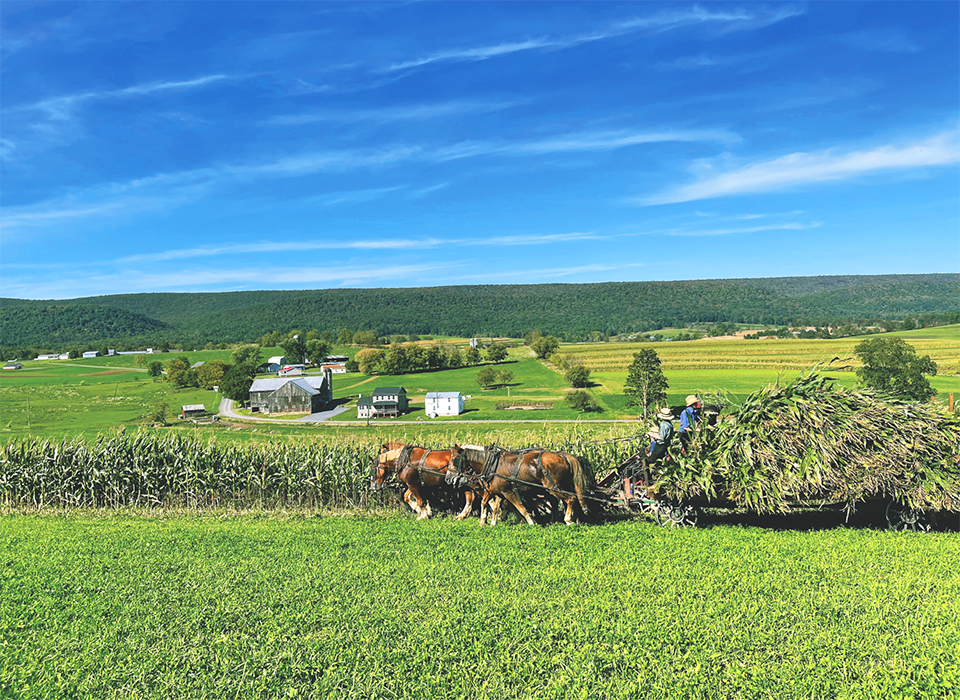
It all starts with the land on the farm
We’re happy to say we’ve helped hundreds of farmers make the switch to organic farming since we started in 1991.

We’re happy to say we’ve helped hundreds of farmers make the switch to organic farming since we started in 1991.
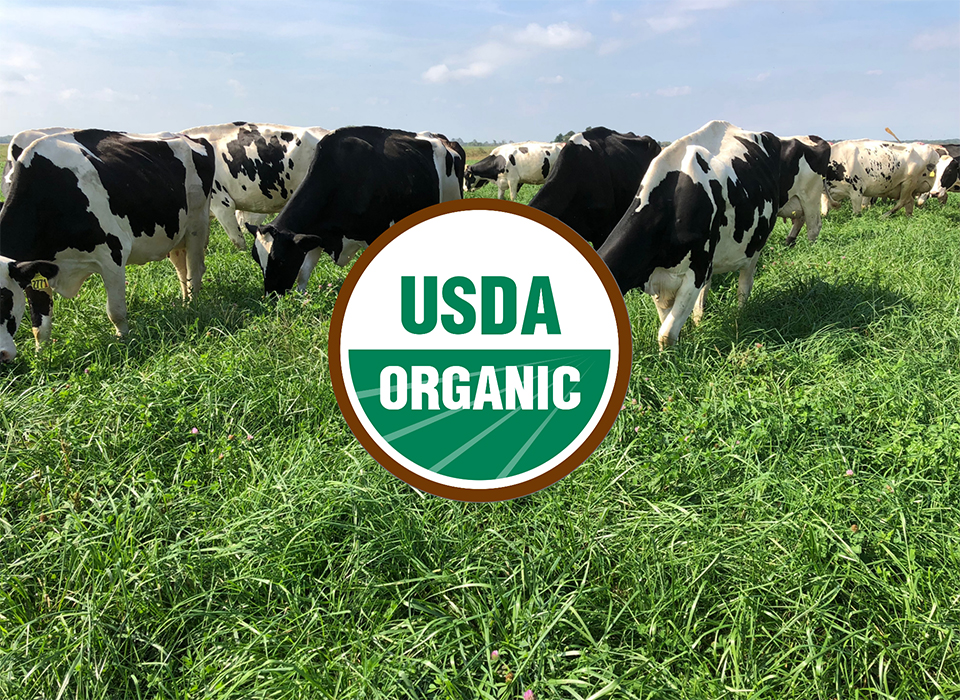
The short answer is patience and hard work. It takes three years to convert conventional cropland and pastures over to certified organic. During the conversion period and afterwards, the use of pesticides and herbicides, synthetic fertilizers, GMO seeds, and sewage sludge are all prohibited.
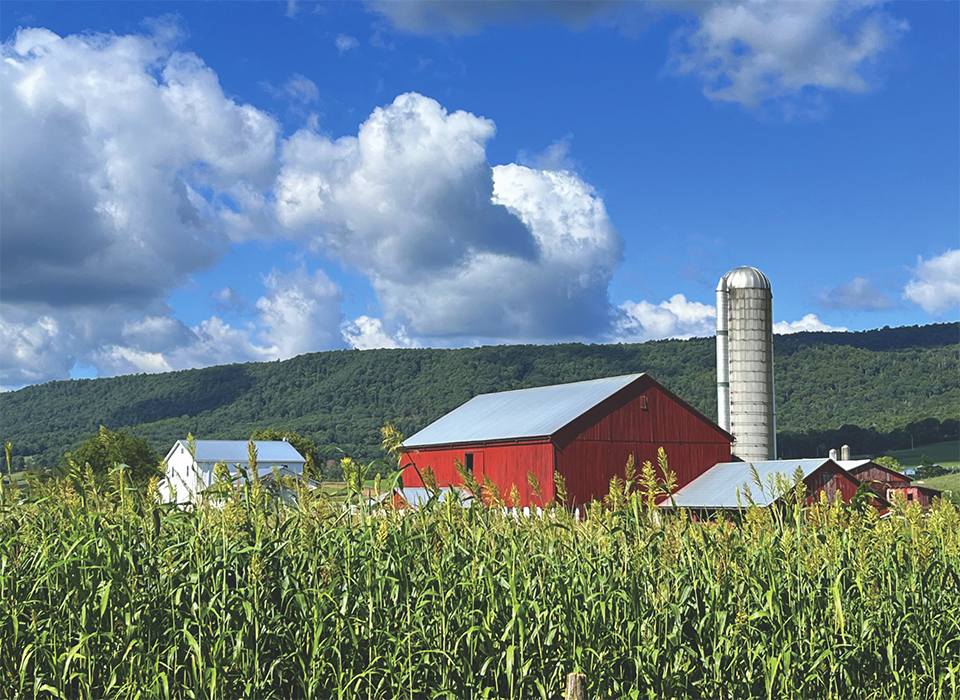
Organic farms are third-party certified to ensure federal organic standards for production and handling are met. After that, farms go through annual reviews and inspections to keep their organic certification.
Our founders played a key role in helping develop the National Organic Standards and the USDA organic seal in the 1990s, and Horizon Organic was the first organic dairy brand sold nationwide.
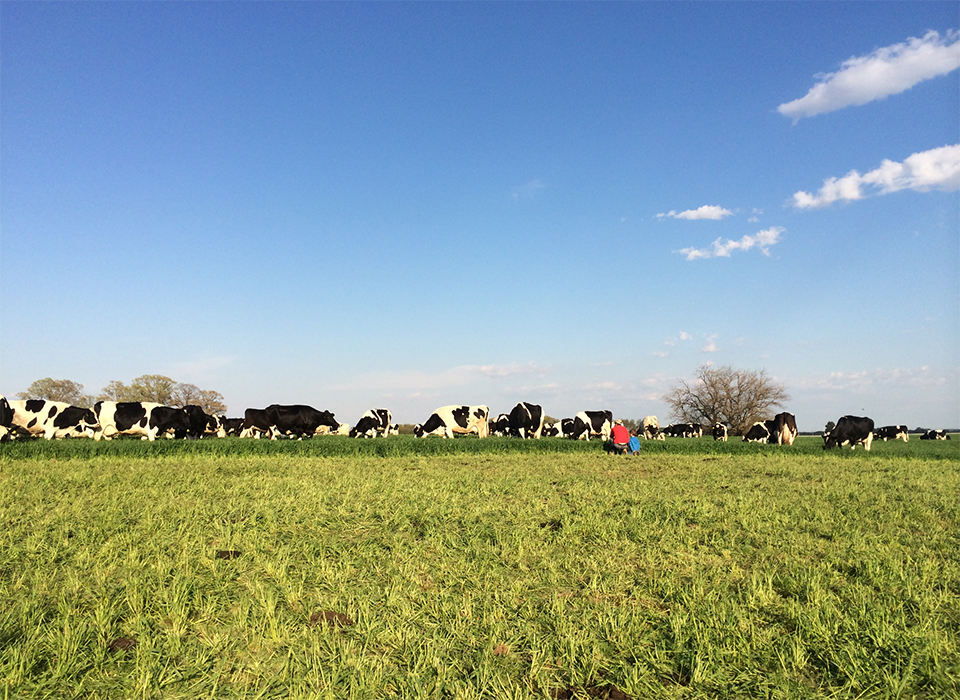
Sure, cows are the stars for us. But lots of other native animals and birds can call a farm home too. Organic standards require farmers to maintain or improve their farm’s natural resources. That includes wildlife habitat and soil, water, and air quality.
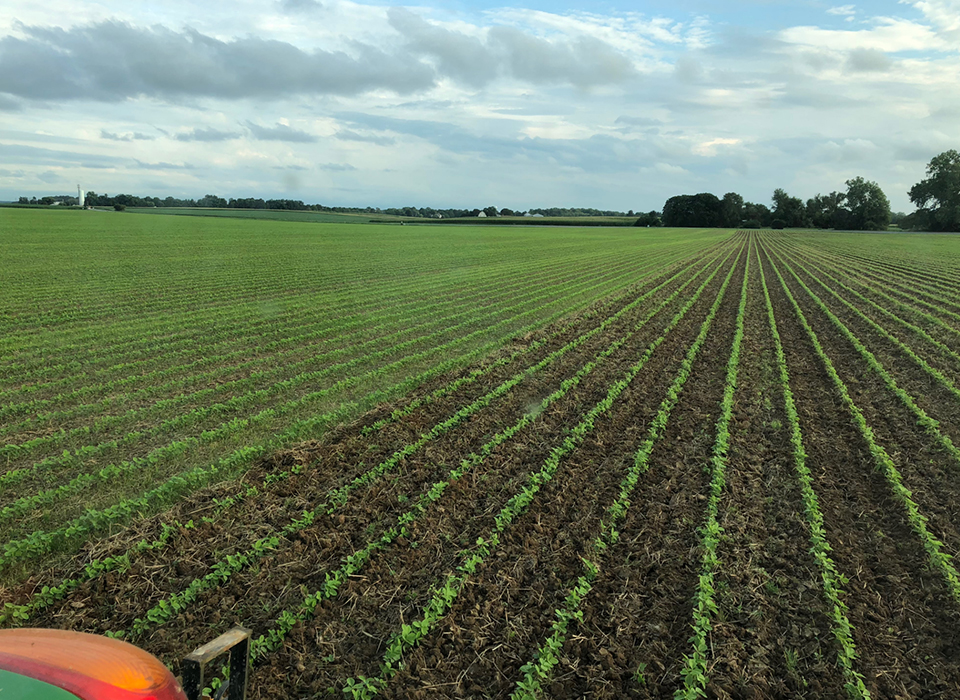
Organic farming is about keeping soil as healthy as possible, so that it grows lush, nutritious grass and crops for the cows. We follow organic standards and many of our farms incorporate regenerative agriculture practices to boost soil health. Methods like crop rotation and managed grazing are used, and the use of pesticides and herbicides, synthetic fertilizers, GMO seeds, and sewage sludge are prohibited.
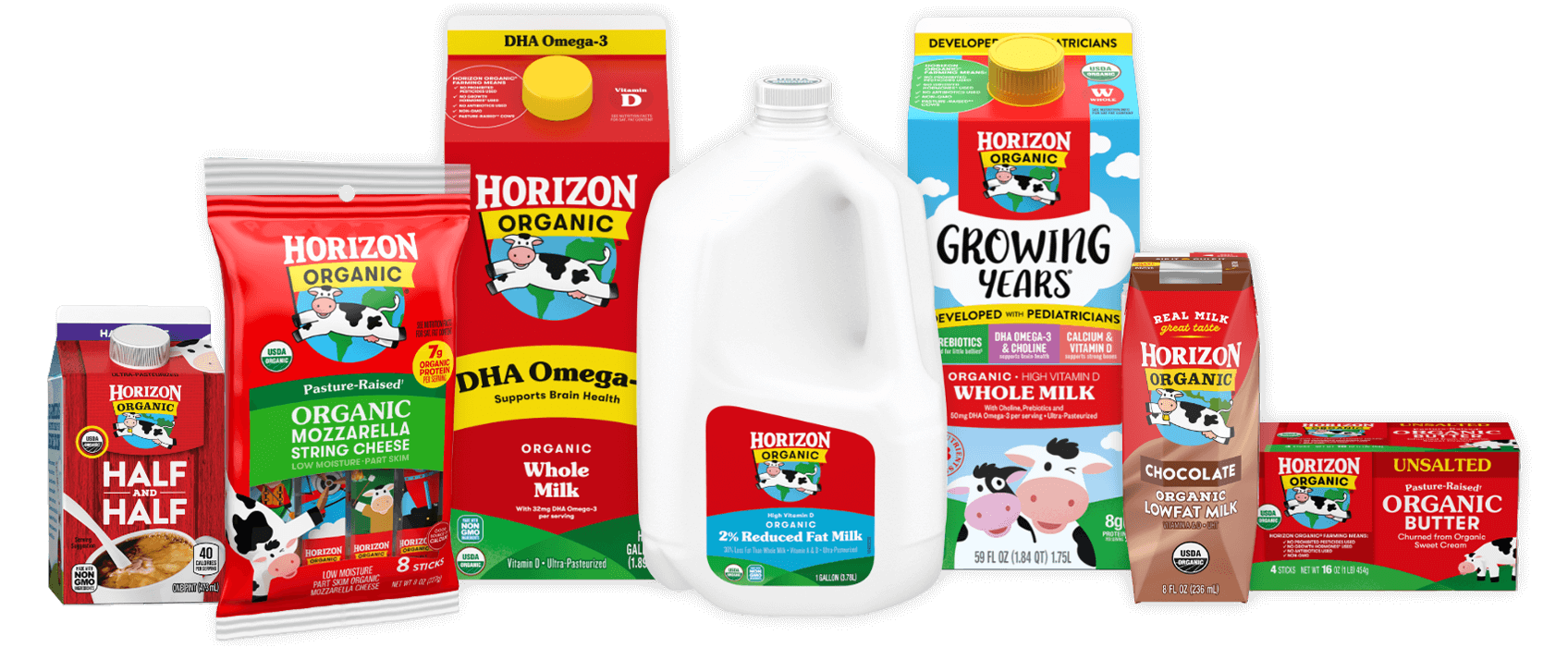

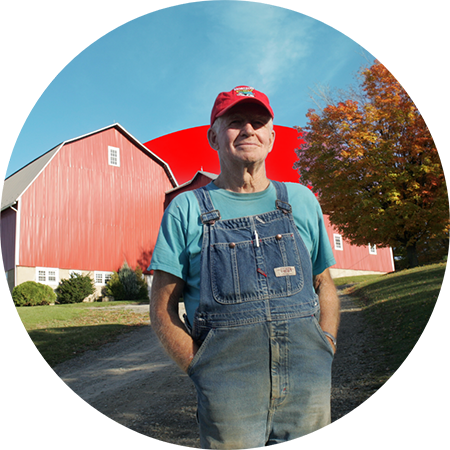
Our farmers roll up their (flannel) sleeves and go the extra mile.
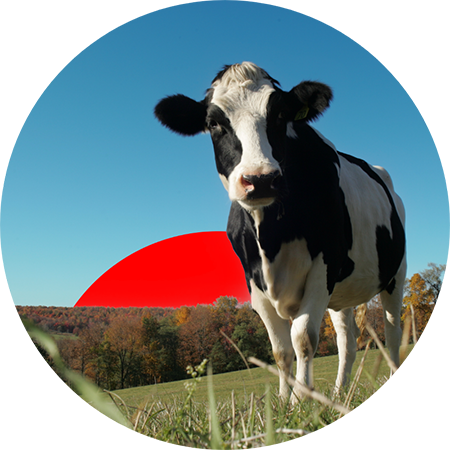
We’re always thinking about how we can make life better for our cows.
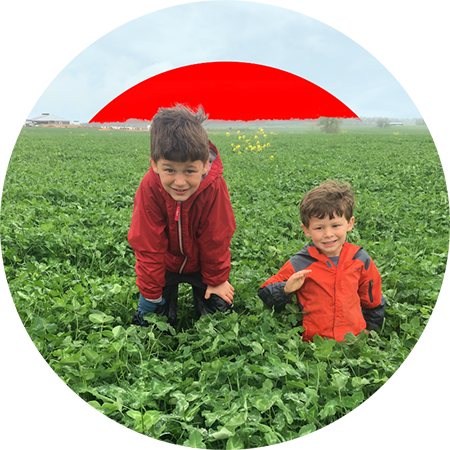
We’re cutting our carbon footprint and finding smarter ways to farm.